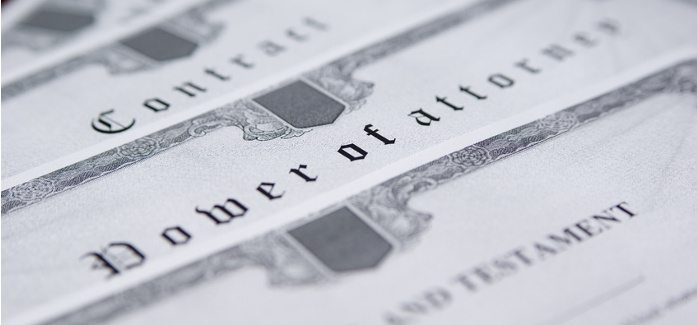A recent article in the New York Times reported on the resistance of banks (and other financial institutions) to honor requests by someone holding power of attorney for an incapacitated person.
In one case, the son of a woman with Alzheimer’s disease could not access his mother’s accounts to pay her bills, even though she had signed California’s statutory POA form.
To avoid this problem, I recommend having an attorney help you prepare a valid POA. You don’t want someone refusing to honor your POA because it lacks the correct verbiage or is not properly executed.
If your POA is refused or challenged, consult an attorney. Pennsylvania law requires financial institutions to accept a valid POA, except under limited circumstances. A call or letter from an attorney can often get you the results you need.





